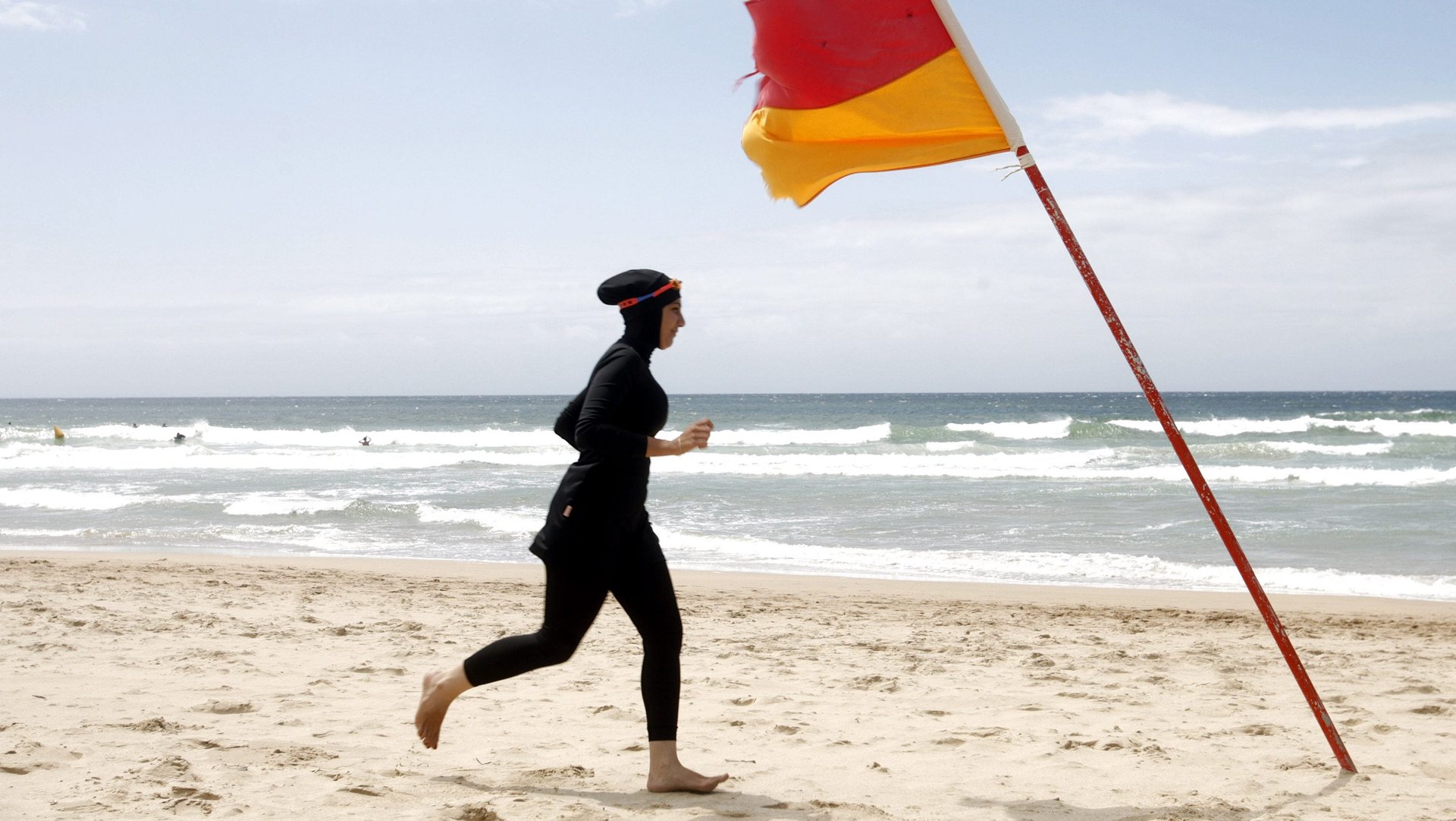If you want to see what a “Muslim ban” really looks like, start paying attention to Australia
As America comes to grips with the wall-building zeal of its new president, Australia should stand as a warning of the immense human and moral toll that comes with demonizing innocent, vulnerable people.


As America comes to grips with the wall-building zeal of its new president, Australia should stand as a warning of the immense human and moral toll that comes with demonizing innocent, vulnerable people.
The surprise diplomatic row between president Donald Trump and Australian prime minister Malcolm Turnbull has been prominent in headlines this week. On Feb. 1, the Washington Post reported that Trump had berated Turnbull over the phone during his first conversation with the Australian head of state, hanging up on him halfway into what was supposed to be an hour-long conversation. Trump had been taking calls with several world leaders, of which he supposedly said Australia’s was “the worst call by far.”
Turnbull had been seeking confirmation that the president would honor a refugee-swap deal brokered between the Australian government and the Obama administration that, in the light of Trump’s executive order that temporarily bans refugees and residents of seven majority-Muslim countries from entering the United States, seemed unlikely. The fallout intensified when Trump tweeted his distaste for the “dumb deal.”
Watching the most powerful man on earth publicly embarrass one of the United States’ staunchest allies for attempting to uphold a diplomatic agreement has captivated many on both sides of the Pacific. But you shouldn’t play Australia the victim: Our inhumane immigration policies are arguably the groundwork for Trump’s so-called “Muslim ban.” But in Australia, politicians don’t need walls and visas revocations to keep unwanted visitors out—they have a moat.
Rather than lambast Trump’s executive order, Australia is one of the few Western democracies not to speak out against Trump’s anti-immigration policy. While world leaders like Canadian prime minister Justin Trudeau and German chancellor Angela Merkel voiced forceful opposition to the measure, Australian foreign minister Julie Bishop stated that Australia will support Trump’s “strong immigration and border protection policies.” Turnbull has said nothing about the executive order publicly, claiming it was “not my job as prime minister of Australia to run a commentary on the domestic policies of other countries.” And Scott Morrison, a former immigration minister who now serves as Australia’s treasurer, proudly took the travel ban as evidence that “the rest of the world is catching up to Australia.”
But that shouldn’t be something to be proud of.
Australia provides a grim and telling example of what it looks like when Trump-style “Australia first” values and refugee scapegoating take hold. Australia has had a policy of mandatory, indefinite offshore detention of refugees for more than a decade, and suspicion and fear of refugees has become so normalized in society that it goes almost entirely unquestioned in the country’s mainstream politics.
Slandering refugees as criminals and potential terrorists is a common strategy in Australia’s playbook, which Trump appears to be reading; he characterized the 1,250 refugees at the center of the deal “illegal immigrants” and was worried that they could become “the next Boston bombers.” Minister for immigration and border protection Peter Dutton regularly and falsely asserts that asylum seekers in Australia’s detention centers are detained for “attempting to come to Australia illegally by boat,” despite the right to seek asylum being enshrined in numerous international human rights treaties, all of which Australia is a signatory on.
The governing Liberal Party has used this tactic since 2001, when fear and paranoia over Afghan asylum seekers after the September 11 attacks prompted then-prime minister John Howard to declare “we will decide who comes to this country and the manner in which they come.” The government’s view was then and is now uncritically supported by conservative news outlets, which routinely smear refugees and asylum seekers as “illegals” perpetually poised to “invade” the country. (Sound familiar?)
Trump’s singling out of refugees from Muslim-majority countries on the grounds of religion was met with horror and resistance by American progressives, but the idea is nothing new in Australia: At the height of the Syrian refugee crisis in 2015, a number of Australian government ministers called for any refugee intake to focus exclusively on Christian and other religious groups.
Australia is also demonstrative of how progressive politicians and parties can become complicit in extremist regimes. Bill Shorten, the leader of the opposition Labor Party, has called the travel ban “appalling” and urged Turnbull to rethink his approach. But Shorten’s criticism is undercut by the fact his party is almost as dedicated to upholding Australia’s refugee detention system as the government. After all, it was a Labor government that reintroduced John Howard’s ominously named ‘Pacific Solution’ offshore-detention policy in 2012 after pressure from conservative politicians and media outlets. In 2015, Labor also agreed to support the government’s policy of turning asylum seeker boats back to Indonesia. Will The US’s Democrats one day be boxed into a similar corner?
In the hurrah of the Trump vs. Australia controversy, it’s easy to forget the biggest victims in all this: the refugees themselves. The 1,250 people held in Australian-run detention camps on Nauru and Papua New Guinea’s Manus Island whose futures depend on the refugee deal have watched their fortunes hang on tweets and breaking-news updates, and are still unsure what their ultimate fates will be. That uncertainty is exacerbated by already horrendous conditions in refugee camps, where deaths by suicide, easily treatable medical conditions, and murder have been reported, as well as countless alleged instances of rape, sexual assault, attempted suicide, mental breakdown, and child abuse.
In other words, a world that is “catching up” to Australia’s pioneering barbarity toward refugees is a world that is going backwards.